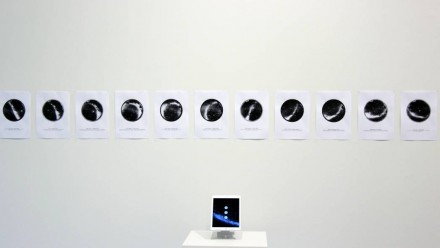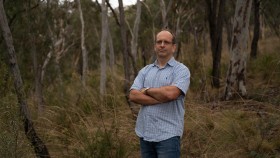Artists tackle climate change, confronting reality in Gaia Hypothesis
The so-called "Gaia hypothesis" essentially argues that living organisms interact with the broader inorganic environment to create a complex, self-regulating system that enables life on earth to continue. It was advanced by the English chemist James Lovelock and the American microbiologist Lynn Margulis in the early 1970s, but popularised mainly by Lovelock, who coined the name Gaia – the Greek goddess for the earth – after the name was suggested to him by the novelist William Golding. The idea of the world as a self-regulating entity was hardly new, with an important precedent in the thinking of Alexander von Humboldt a couple of centuries earlier and the Russian-Soviet scientists, including Piotr Kropotkin, Vladimir Vernadsky and Vladimir Kostitzin, having earlier arrived at related concepts. Read the full article by Sasha Grishin in the Canberra Times.










